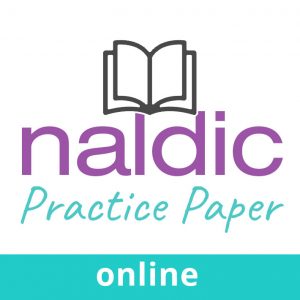Description
Assessment has played a major role in public-funded education in countries such as Australia, Britain and the USA since the early 1990s. The introduction of the National curriculum for England and Wales in 1989, for instance, was accompanied by a statutory framework of assessment which included a suite of standardised national tests and teacher assessment at various points of schooling. Since 1997 target setting of academic achievement levels for school pupils, e.g. 80% of the pupil population at the age of 11 should achieve Level 4 in English, has been a prominent feature of educational initiatives. Summative assessment of pupil performance, in the form of standardised test scores, has been used as an important device to gauge educational policy success and school effectiveness.
In this guest-edited issue we focus on two lesser reported areas of development: (a) the changing perspectives on the role assessment can play in education with particular reference to the shift towards alternative forms of assessment, and (b) the introduction of EAL curriculum and assessment frameworks in English-speaking countries such as Australia and the USA.
Contents
Guest Editorial (page 1)
Constant Leung
Developments in statutory assessment in Wales (page 3)
Constant Leung & Kimberly Safford
Teacher responses: issues in teacher assessment (page 6)
Ann Ross, Suzanne Maile
Brief research reports: Paul Hamlyn Foundation funded NALDIC International Survey (2002-2005) – EAL assessment in Australia, Canada, England and USA (page 10)
Katie Scott
Australia: ESL Development – Language and Literacy in Schools
Australia: ESL Companion to the English CSF – Curriculum and Standards Framework II
Australia: South Australian Curriculum, Standards and Accountability Framework – English as a second language (ESL Scope & Scales)
Canada: Canadian Language Benchmarks 2000 – English as a second language – for adults
England: A Language in Common – Assessing English as an Additional Language
USA: ESL Standards for Pre-K-12 Students
Assessing second and additional languages across borders in Europe (page 30)
Kimberly Safford




Reviews
There are no reviews yet.